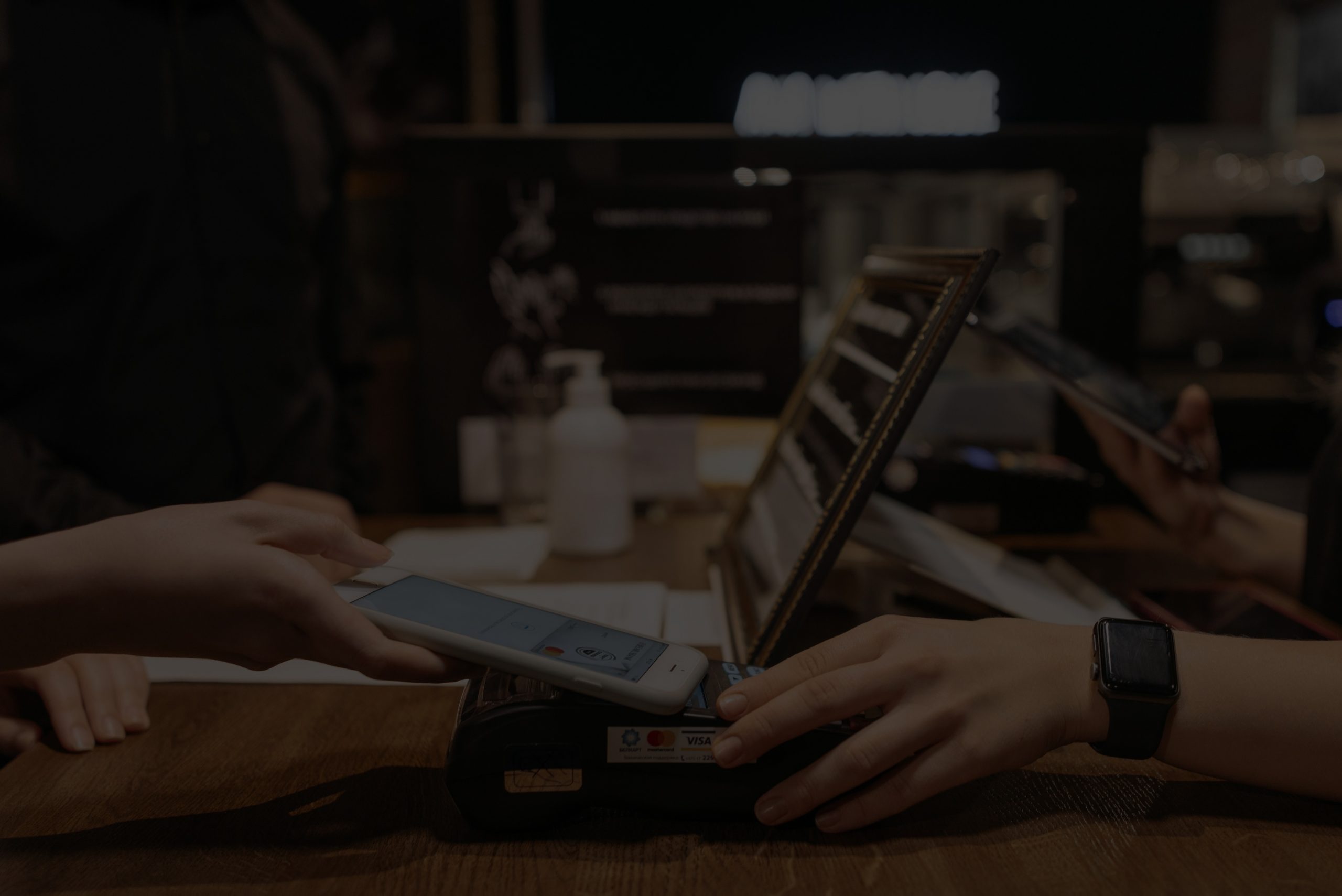Managing the finances of a residential welfare association (RWA) is no easy task. From generating invoices to handling past dues, applying GST, and maintaining audit-ready reports, billing can often feel like a full-time job. That’s where digital RWA billing software steps in making it easier for societies to manage accounting with accuracy, transparency, and compliance.
In this guide, we break down the key components of society billing automation and why going digital is the smarter choice for housing societies in 2025.
1. Automated invoice creation for societies
Traditionally, treasurers spend hours preparing invoices for every flat. Modern society billing software in India automates this process:
- Set rules by flat size, type, or wing
- Generate invoices instantly for an entire cycle
- Apply variable charges (e.g., parking, amenities, maintenance)
Automation ensures accuracy while saving time for both RWAs and residents.
Related read: Understanding society billing and accounting
2. Handling dues, advances & adjustments
Billing isn’t just about raising invoices it’s also about managing financial continuity. With digital society billing tools, RWAs can:
- Carry forward pending dues automatically
- Adjust credit notes for advances or overpayments
- Apply late fees or discounts consistently
This improves transparency and ensures residents always see a clear breakdown of their payments.
Related Read: Improve Cooperative Housing Society Accounting
3. GST compliance made simple
Many RWAs struggle with GST applicability. According to Indian tax rules, GST is applicable if:
- Monthly maintenance exceeds ₹7,500 per unit, or
- Annual society collections cross ₹20 lakh
Society billing software with GST features auto-applies the right tax slab, generates GST-compliant invoices, and helps RWAs stay audit-ready.
Payment tracking & automated reminders
One of the biggest challenges societies face is late payments. Automated platforms help RWAs improve collections with:
- Digital payment gateways (UPI, cards, net banking)
- Automated reminders via SMS, email, or app notifications
- Instant payment status tracking
This not only reduces manual follow-up but also builds financial discipline within the community.
Related Read: The RWA’s Ultimate Guide to Society Accounting
5. Reports, audits & data transparency
With compliance rules getting stricter, housing societies need to be audit-ready at all times. Billing platforms offer:
- Exportable reports in PDF/Excel
- Audit logs of every billing action (creation, edit, cancellation)
- Real-time dashboards for treasurers and auditors
This ensures end-to-end financial transparency and reduces disputes between RWAs and residents.
Related Read: A Smarter Way to Audit Your Housing Society’s Finances
Why RWAs should switch to digital billing
Manual billing is prone to errors, delays, and compliance risks. By moving to a housing society billing solution, RWAs can:
- Save time on repetitive admin work
- Improve accuracy in invoices and collections
- Stay compliant with GST and audit standards
- Give residents a smoother, transparent experience
In 2025, digital billing is no longer a choice it’s a necessity for efficient RWA management.
FAQs on RWA billing & society accounting
What is RWA billing software?
It’s a digital solution that automates invoicing, tracks payments, manages dues, and ensures compliance for housing societies.
Can RWAs customize invoices for different flat sizes or amenities?
Yes. Advanced billing platforms allow custom rules based on unit size, type, or extra facilities like parking or clubhouse access.
How does digital billing improve collections?
Automated reminders, digital payment options, and real-time status tracking encourage residents to pay on time and reduce defaults.
Is GST always applicable on society maintenance charges?
No. GST applies only if monthly charges per unit exceed ₹7,500 or the society’s annual collection is above ₹20 lakh.
Why is digital billing better than manual accounting?
It reduces errors, saves time, improves compliance, and creates transparent financial records benefiting both RWAs and residents.


